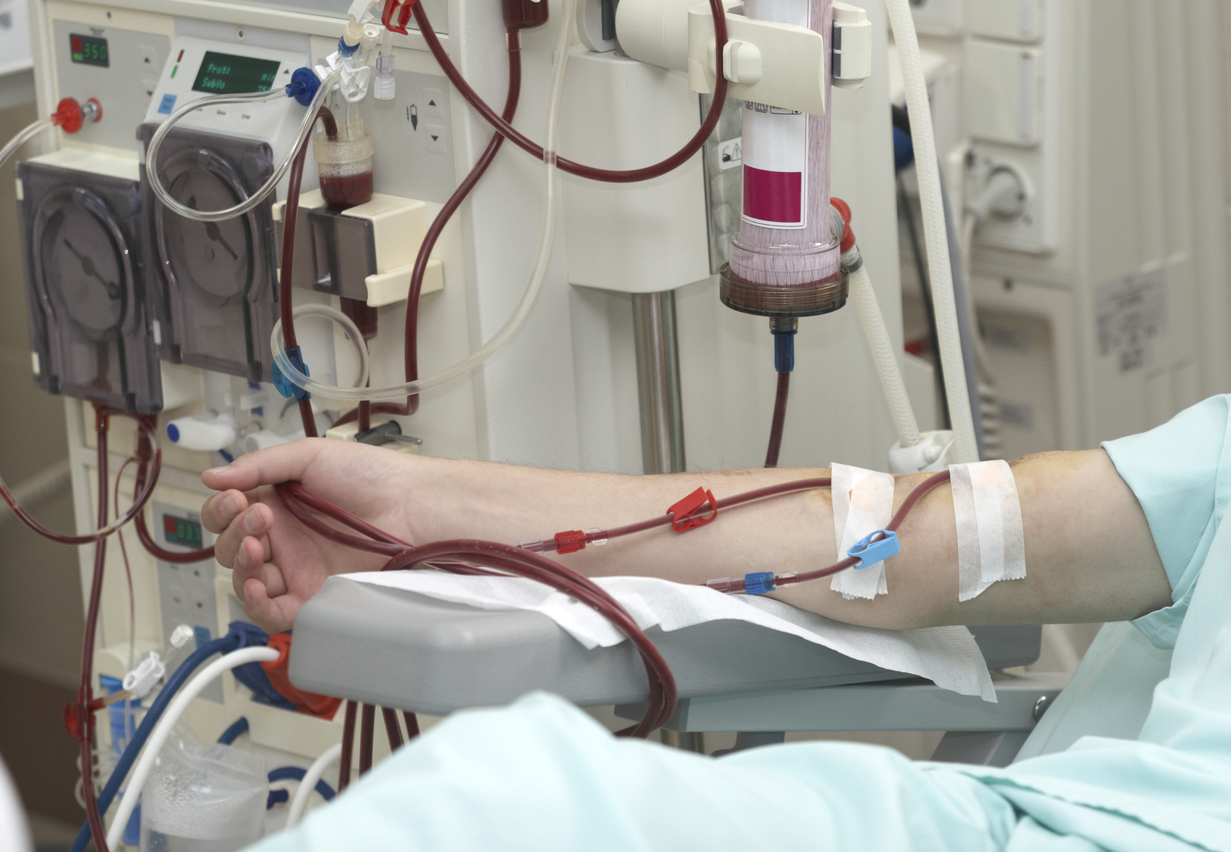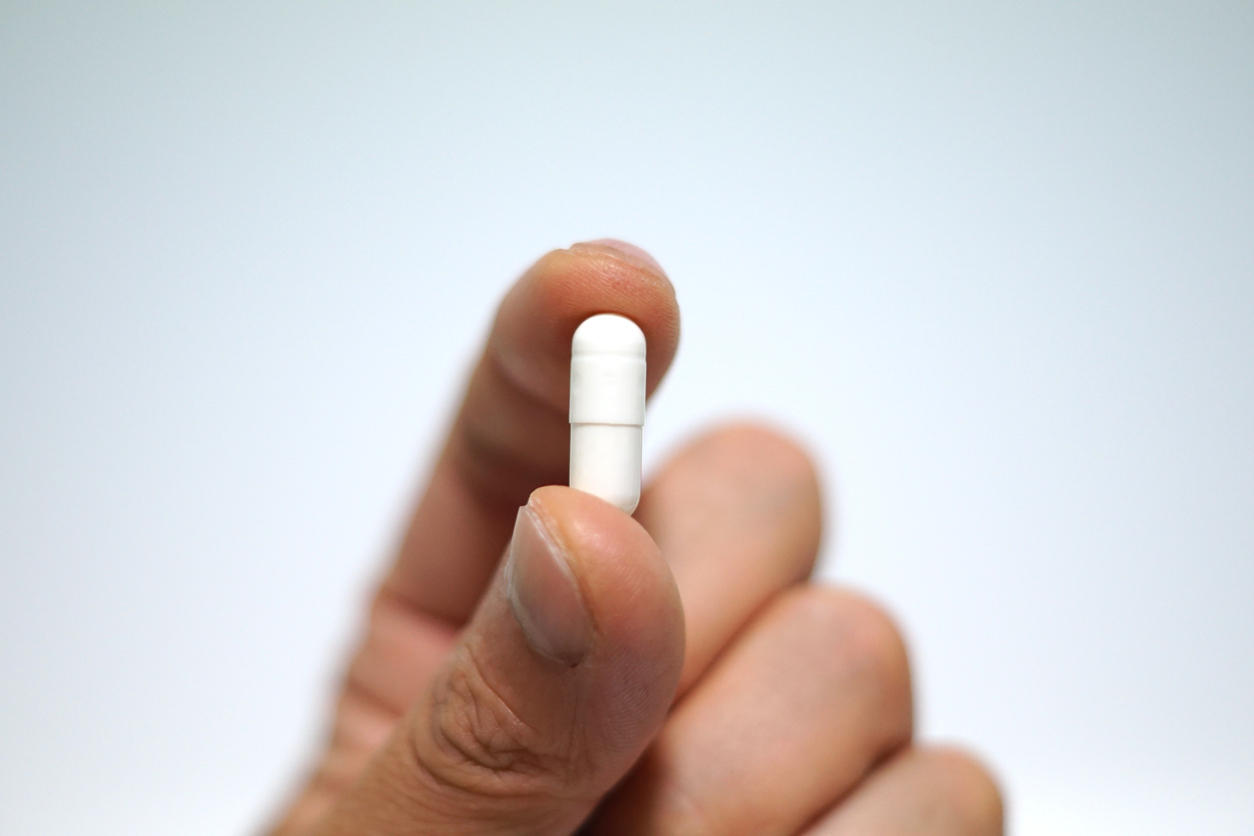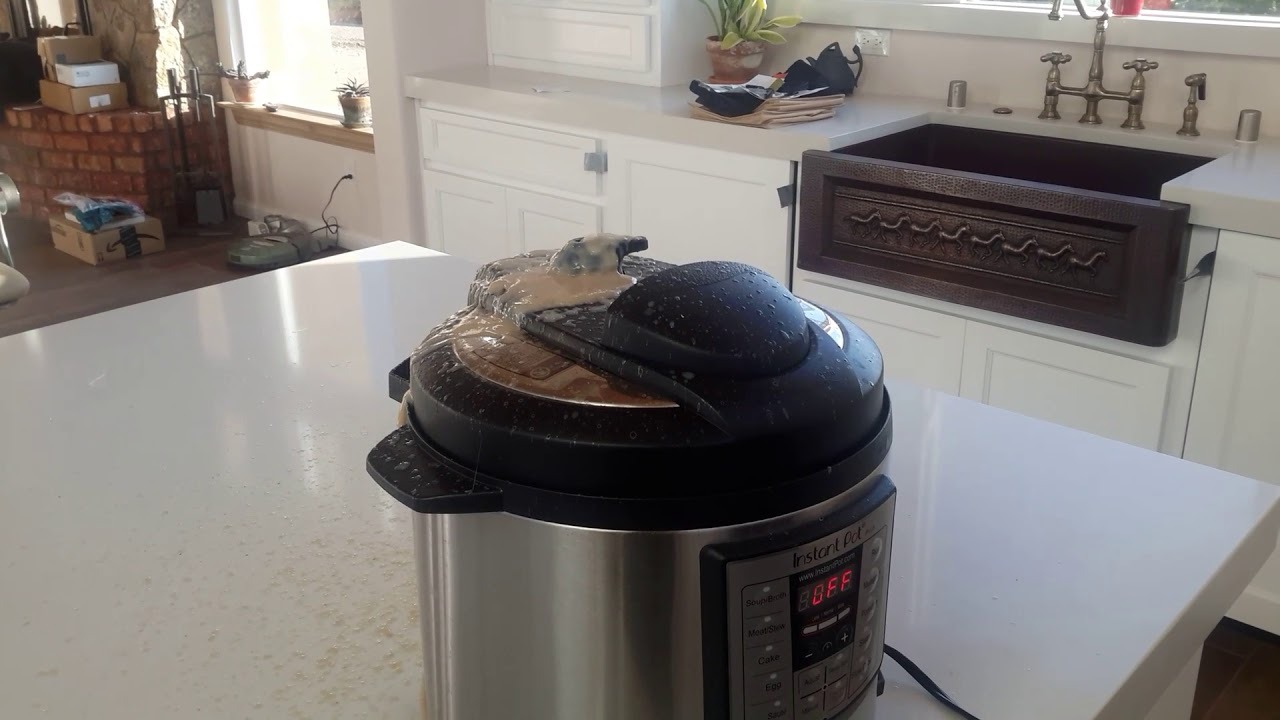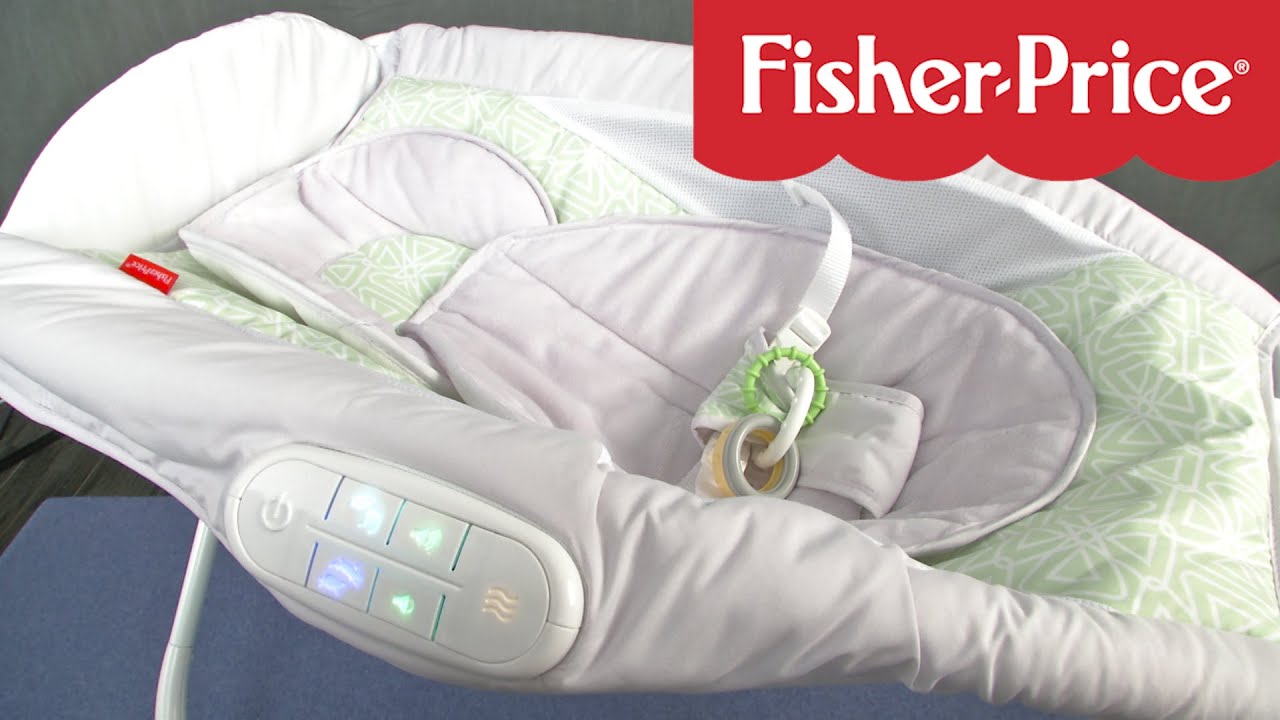
On July 2, a federal jury in Denver awarded a combined total of $383.5 million to three families of loved ones who died following treatment from DaVita Inc. dialysis clinics in both California and Illinois.
Those involved in the lawsuit were the families of Gary Gene Saldana, Irma Menchaca and Deborah Hardin. All three patients had a similar experience; they received treatment and died shortly after.
Saldana received treatment at the DaVita Almond Wood Dialysis in Madera, Calif. but had an underlying medical condition which worsened his vulnerability to treatment. He died at home a day later. Menchaca received treatment at the DaVita University Dialysis Center in Sacramento and died a day later. Hardin received treatment at DaVita treatment clinic in Chicago and died in 2014.
At the center of deliberation was the product used in dialysis treatment, GranuFlo, manufactured by Fresenius Medical Care. The jury found DaVita negligent and of concealing information from patients regarding known dangers when using GranuFlo.
All families’ lawyers argued that GranuFlo causes dangerously high bicarbonate levels. For those with low blood pressure and cardiac arrhythmias, this can result in metabolic alkalosis.
It was argued in Saldana’s case, that since 2004 DaVita knew the acetate in GranuFlo would raise the bicarbonate levels in patient’s blood. Furthermore, it was argued that DaVita took no action to address the administration of GranuFlo, even after reports came out that the levels used increased the likelihood for heart attack.
DaVita responded with plans to appeal the verdict. “There was substantial evidence that the GranuFlo product is safe and effective, and no evidence that we or the manufacturer of GranuFlo hid any data contradicting its safety or effectiveness,” the company said.
DaVita said it remains committed to providing the highest level of care, but labor unions in California feel quite the contrary. In November, California will have the opportunity to vote on a ballot measure that limits dialysis company revenues to 15 perfect above what they spend on patient care.






